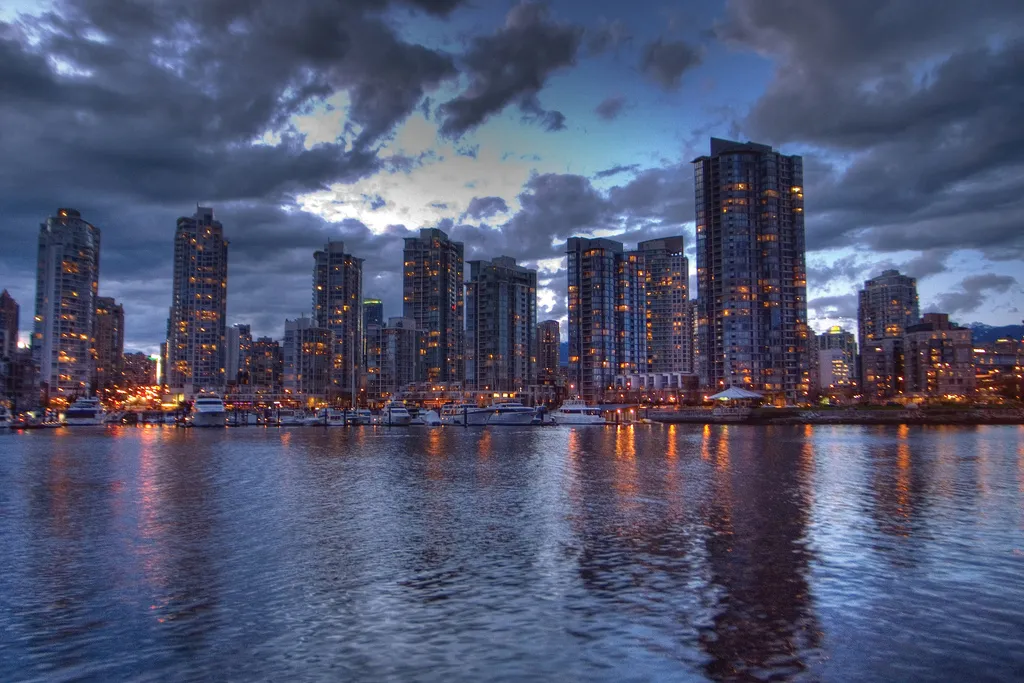Moscow’s government is looking into the possibility of exempting developers from taxes on the funds they invest in building and repairing roads in the Russian capital.
The current regulations require developers, which fund road construction, to make donations to the local road fund. The donations may not be included in construction costs and are subject to income tax of 20%. If the regulations are amended, the Moscow budget's one-time shortfall in income will be €60.65 million (RUB 2.87 billion) to €121.3
February 14, 2014
Read time: 2 mins
Moscow’s government is looking into the possibility of exempting developers from taxes on the funds they invest in building and repairing roads in the Russian capital.
The current regulations require developers, which fund road construction, to make donations to the local road fund. The donations may not be included in construction costs and are subject to income tax of 20%. If the regulations are amended, the Moscow budget's one-time shortfall in income will be €60.65 million (RUB 2.87 billion) to €121.31 million (RUB 5.74 billion) - 5-10% of the money donated by developers in 2013.
Moscow developers intend to invest around €919.32 million (RUB 43.5 billion) in the construction of roads. Morton Group will invest €314.12 million (RUB 15 billion) in construction of a road junction near its Solntsevo Park housing estate (€418,837 has already been donated to the local road fund). Crocus Group will invest some €293.18 million (RUB 14 billion) in construction of exit roads from Crocus Expo and Vegas shopping mall. Slavyansky Mir will spend €104.7 million (RUB 5 billion) on construction of street network near its namesake shopping mall. Yuzhnye Vorota will invest €94.23 million (RUB 4.5 billion) in repair of the nearby section of the Moscow Ring Road and MR Group will invest between €8.37 million (RUB 400 million) and €10.47 million (RUB 500 million) in construction of road infrastructure near its multifunctional complex on Golovinskoe road and office centre on Skladochnaya street.
The current regulations require developers, which fund road construction, to make donations to the local road fund. The donations may not be included in construction costs and are subject to income tax of 20%. If the regulations are amended, the Moscow budget's one-time shortfall in income will be €60.65 million (RUB 2.87 billion) to €121.31 million (RUB 5.74 billion) - 5-10% of the money donated by developers in 2013.
Moscow developers intend to invest around €919.32 million (RUB 43.5 billion) in the construction of roads. Morton Group will invest €314.12 million (RUB 15 billion) in construction of a road junction near its Solntsevo Park housing estate (€418,837 has already been donated to the local road fund). Crocus Group will invest some €293.18 million (RUB 14 billion) in construction of exit roads from Crocus Expo and Vegas shopping mall. Slavyansky Mir will spend €104.7 million (RUB 5 billion) on construction of street network near its namesake shopping mall. Yuzhnye Vorota will invest €94.23 million (RUB 4.5 billion) in repair of the nearby section of the Moscow Ring Road and MR Group will invest between €8.37 million (RUB 400 million) and €10.47 million (RUB 500 million) in construction of road infrastructure near its multifunctional complex on Golovinskoe road and office centre on Skladochnaya street.







